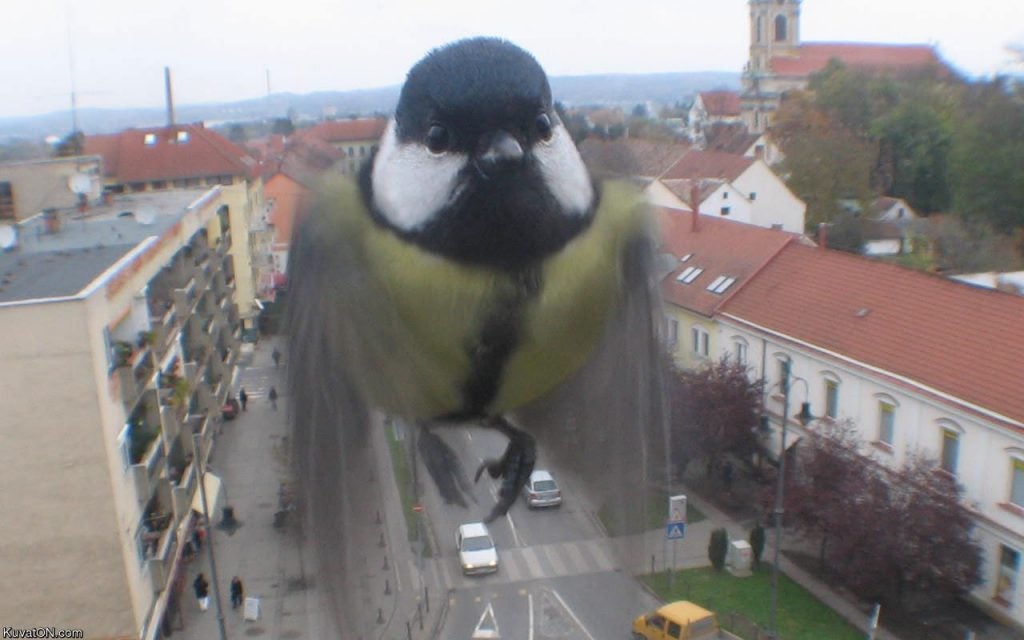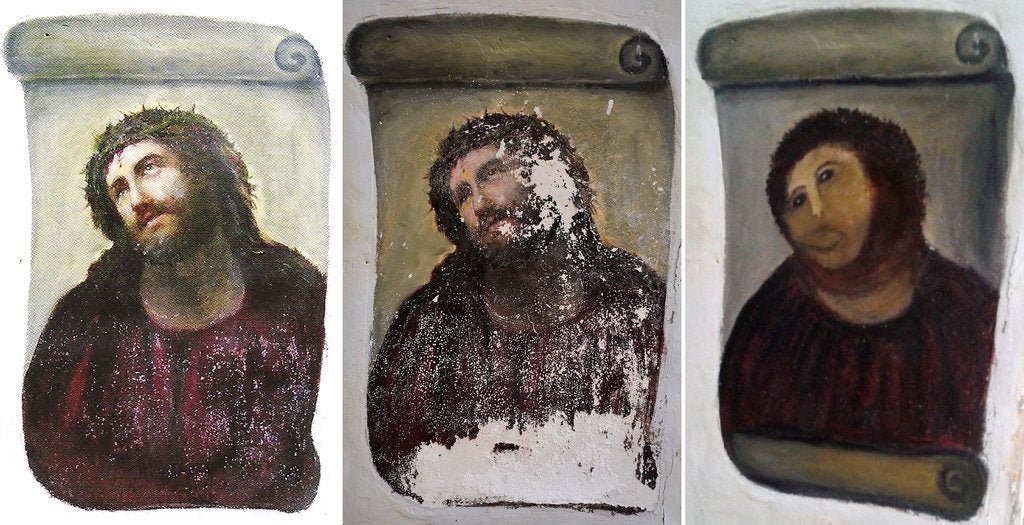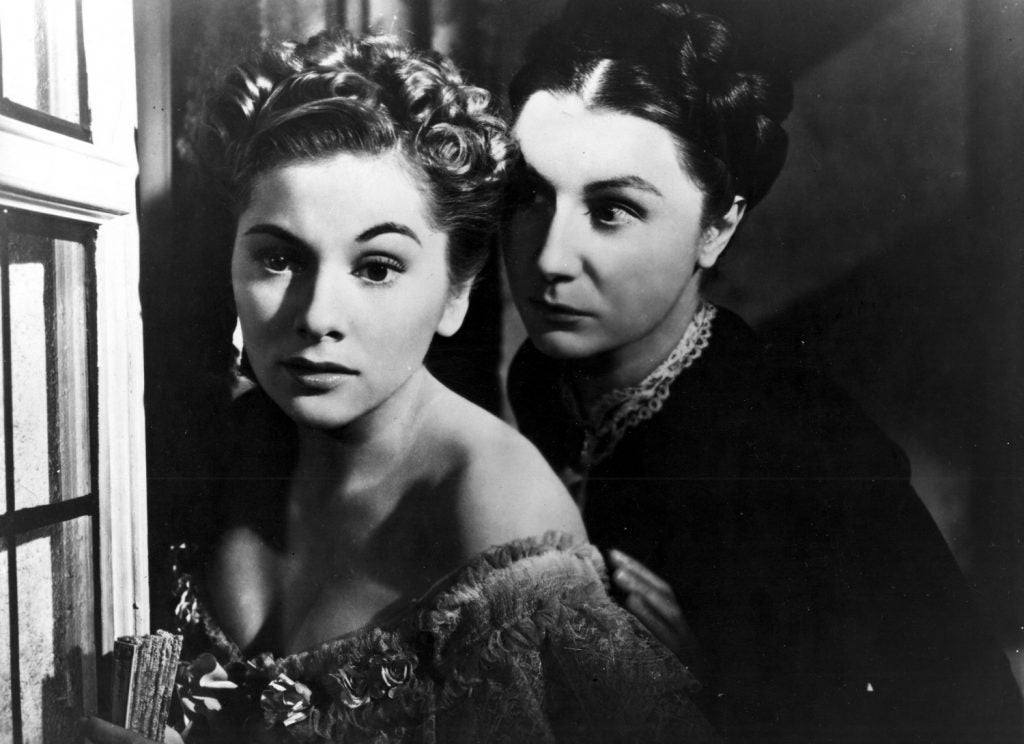Good Material: Toward Rigor and Resolution in the New Year
The artists I know are perfectionists, heartlessly so, because that is required. They will paint right over a failed canvas; they will rip out every stitch and start anew. The artist comes to her material with an mix of control and surrender, and her success seems to rely on her ability to grasp a material’s specific demands, while reconciling those with her own vision. There is something there, in the material, that works against you—which requires rigor, but might bring relief.
Good Material: Toward Rigor and Resolution in the New Year Read More »
The artists I know are perfectionists, heartlessly so, because that is required. They will paint right over a failed canvas; they will rip out every stitch and start anew. The artist comes to her material with an mix of control and surrender, and her success seems to rely on her ability to grasp a material’s specific demands, while reconciling those with her own vision. There is something there, in the material, that works against you—which requires rigor, but might bring relief.








